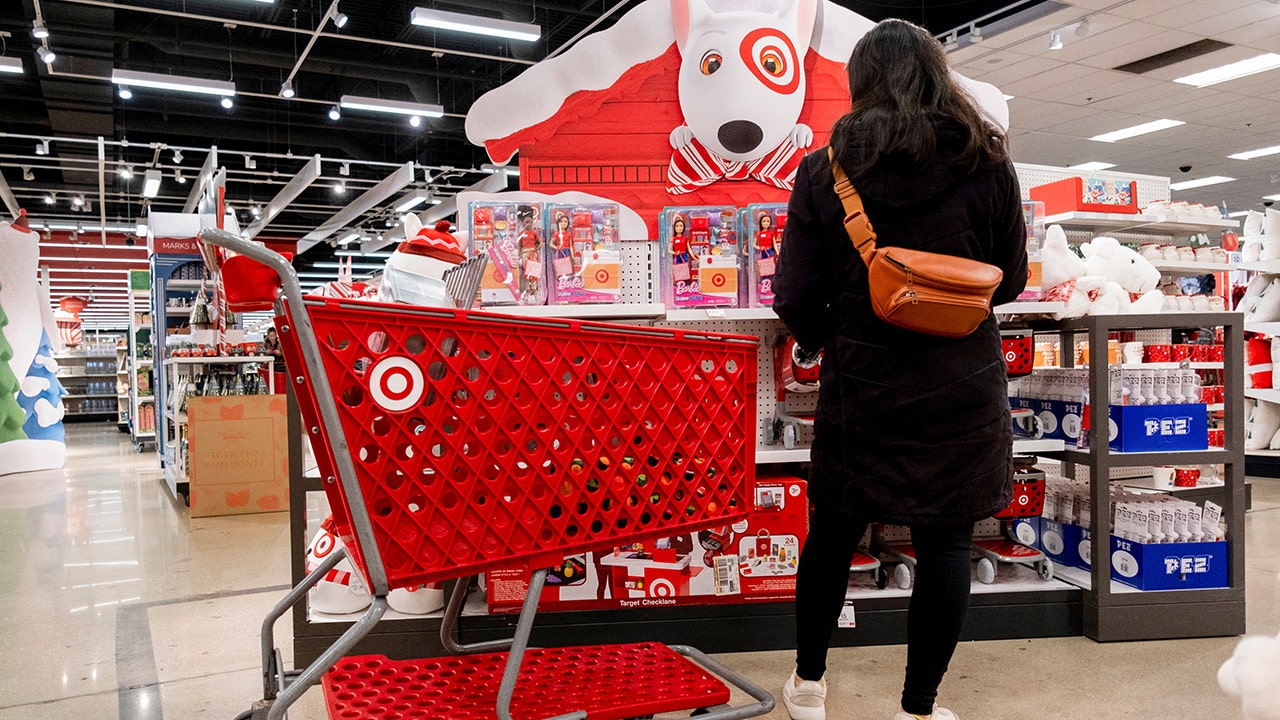It’s officially OK to use a coupon on a first date, according to new research.
A survey found that a majority of Americans (56%) said using a coupon is perfectly acceptable, and a further 61% said “frugality” is an attractive trait in a partner.
In a world of tariffs, economic uncertainty, and inflation, it seems being a deal maker is far from a dealbreaker when it comes to what’s attractive in a potential partner — over a quarter (28%) of the 2,000 polled went as far as to say frugality is “sexy.”
And, flashing the cash may well be out. More than half of the respondents (56%) have been turned off by a date trying to show off with money.
The survey conducted by Talker Research on behalf of TopCashback also pinpointed that when paying for a first date, $125 is the max people are comfortable spending before feeling it’s too much.
Results showed there’s no stigma or offense taken not only if a date uses a coupon, but also if they use other means to save money, like redeeming points or going for drinks at happy hour.
In fact, 37% said they’d be impressed if a date used reward points to pay for a date, specifically.
When it comes to splitting the bill, almost half (48%) are happy to do this.
However, women are much less likely than men to want a second date if the bill was split, with just a third of women (32%) happy to meet up again versus 70% of men.
“The data shows today’s daters aren’t looking to be swept off their feet by spending,” said Destiny Chatman, consumer expert for TopCashback. “Thoughtful financial choices like using a coupon or redeeming cash back show planning, not penny-pinching. In this economy, frugality isn’t just practical. It’s an attractive sign of long-term potential.”
The survey examined whether frugality is increasingly on the minds of single Americans, with results indicating that to be the case.
Over half (60%) of those currently on the dating market said they are likely to date someone who frequently looks for deals.
The study also showed that the current economic climate is the main reason single people are finding a budget-conscious partner more attractive.
When asked how new this addition to their dating criteria is, more than half (55%) said it’s become more important now than in the last five years.
Seventy percent of respondents said there is a clear difference between being frugal and being cheap.
Thirty-four percent said being “cheap” is “when someone avoids basic spending, like tipping,” and 25% agreed being “cheap” is “when it affects others negatively.”
It’s clear that establishing those definitions and talking about financial perspectives with a prospective partner is important — 83% of married respondents said that having similar approaches to money was a key factor for them in finding their person.
“We’re seeing a dynamic shift in dating culture,” added Chatman. “People aren’t just watching how you treat the waiter, they’re watching how you treat your wallet. Being smart with money isn’t about cutting corners; it’s about showing care, confidence, and long-term thinking, which is exactly what today’s singles are looking for.”
SIGNS YOU’RE BEING CHEAP INSTEAD OF FRUGAL
- When someone avoids basic spending (e.g., tipping, quality items) (34%)
- When it affects others negatively (25%)
- When it affects the individual negatively (13%)
- When someone refuses to spend on experiences (12%)
Survey methodology:
Talker Research surveyed 2,000 Americans; the survey was commissioned by TopCashback and administered and conducted online by Talker Research between April 17 – April 21, 2025.



